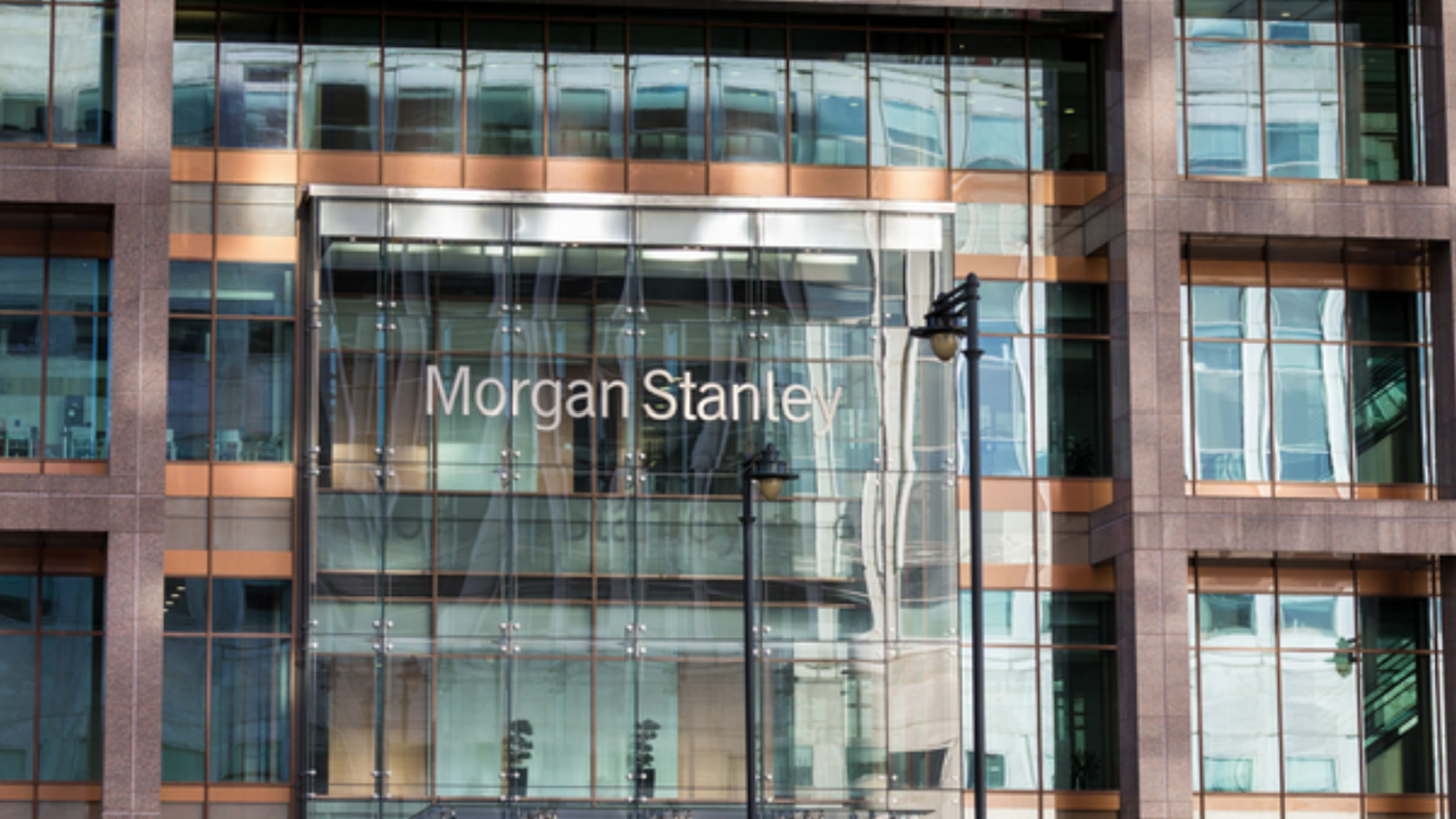Things are heating up…

Data centres are the backbone of our digital world, providing the necessary infrastructure for storage, processing, and management of vast amounts of data. With an ever-growing demand for computing power, these facilities consume significant amounts of energy and generate substantial heat. However, creative solutions to harness this excess heat have emerged, benefiting both the environment and local communities.
A shining example of this innovative approach can be found in Devon in the UK, where a washing-machine-sized data centre is being used to heat a public swimming pool. Deep Green, a start-up founded by Mark Bjornsgaard, has developed this unique “digital boiler” that is surrounded by mineral oil to capture heat. This heat is then pumped into a heat exchanger to warm the pool’s water, providing a sustainable energy source and saving Exmouth Leisure Centre thousands of pounds.
Not only does the data centre come at no cost to the council-run facility, but Deep Green also refunds the electricity expenses for running the digital boiler. This remarkable initiative has caught the attention of other leisure centres across England, with seven additional pools signing up for the scheme. The partnership with Deep Green has been hailed as a game-changer in managing energy costs, which have skyrocketed in recent years.
Although data centres have been criticized for their energy consumption, they are also driving innovation in sustainability.
Data centres generate a significant amount of heat, which can lead to overheating and equipment failure if not managed properly. Cooling is a crucial aspect of data centre operations and often requires large amounts of energy and water. To minimize the need for additional cooling resources, several innovative solutions have emerged that take advantage of natural environments.
Underwater data centres: By placing data centres underwater, companies can take advantage of the ocean’s natural cooling properties. The cold seawater absorbs the heat generated by the data centre, eliminating the need for energy-intensive cooling systems. Microsoft’s Project Natick is an example of this approach, where a shipping-container-sized data centre was submerged off the coast of Scotland, demonstrating the feasibility of underwater data centres.
Data centres in caves: Building data centres in caves or underground facilities provides a stable and naturally cool environment. The surrounding rock acts as insulation, maintaining a consistent temperature that requires minimal cooling. An example is the Pionen Data Centre in Sweden, built inside a former nuclear bunker, 30 meters below the surface of a mountain. The facility relies on the rock’s natural cooling properties and utilizes a nearby body of water for additional cooling when needed.
Data centres in cold regions: Locating data centres in extremely cold regions, such as the Arctic or other high-latitude areas, allows companies to leverage the frigid outdoor temperatures for cooling purposes. The cold air can be brought in to cool the equipment, reducing the need for energy-intensive air conditioning systems. Facebook’s data centre in Luleå, Sweden, is an example of this approach. The facility uses outside air for cooling and relies on hydroelectric power from a nearby river, minimizing its environmental impact.
These innovative solutions not only reduce the energy consumption associated with cooling data centres but also help minimize the overall environmental impact of these facilities. By harnessing the natural advantages of specific environments, data centre operators can develop more sustainable and efficient infrastructures.











